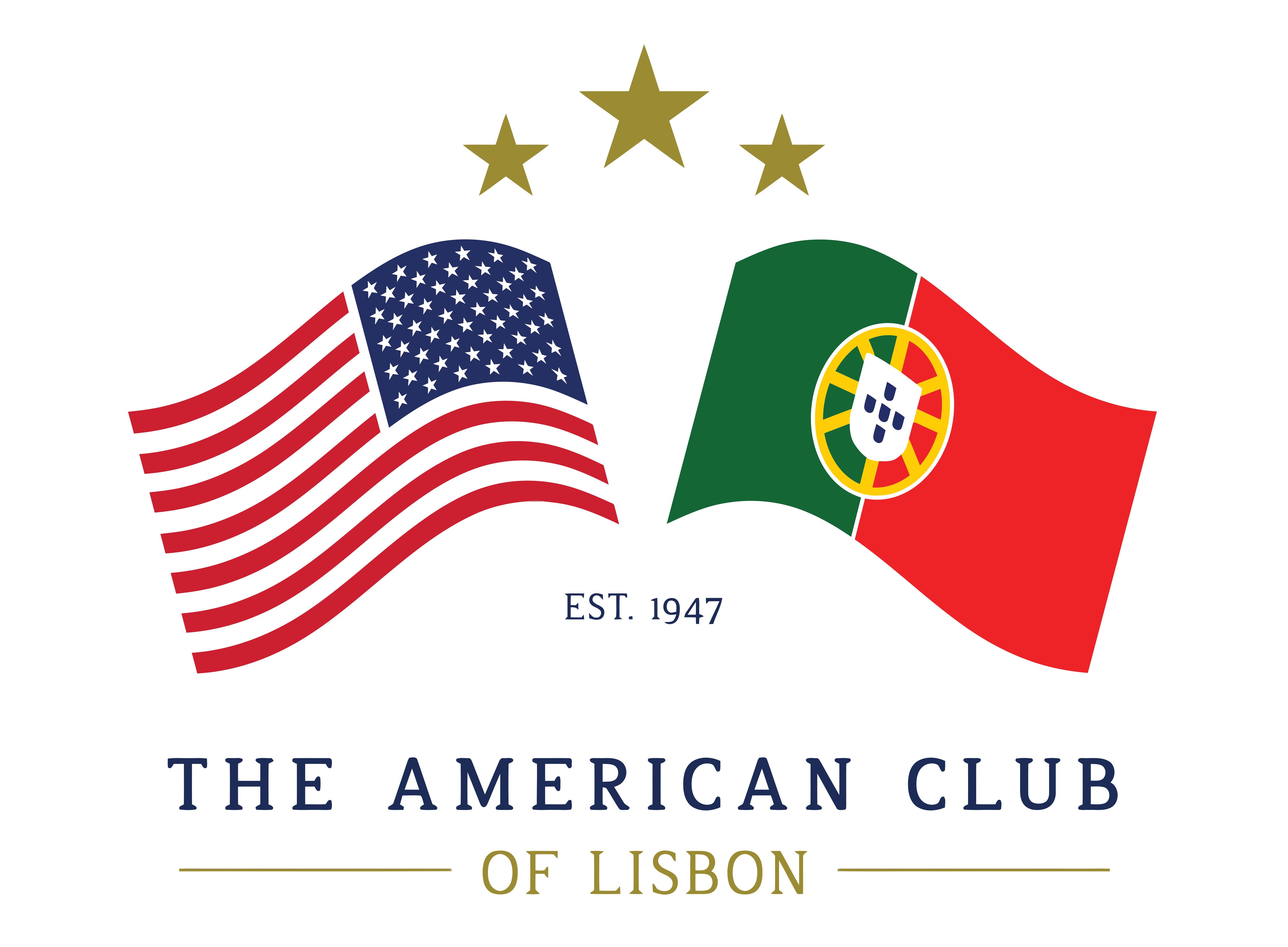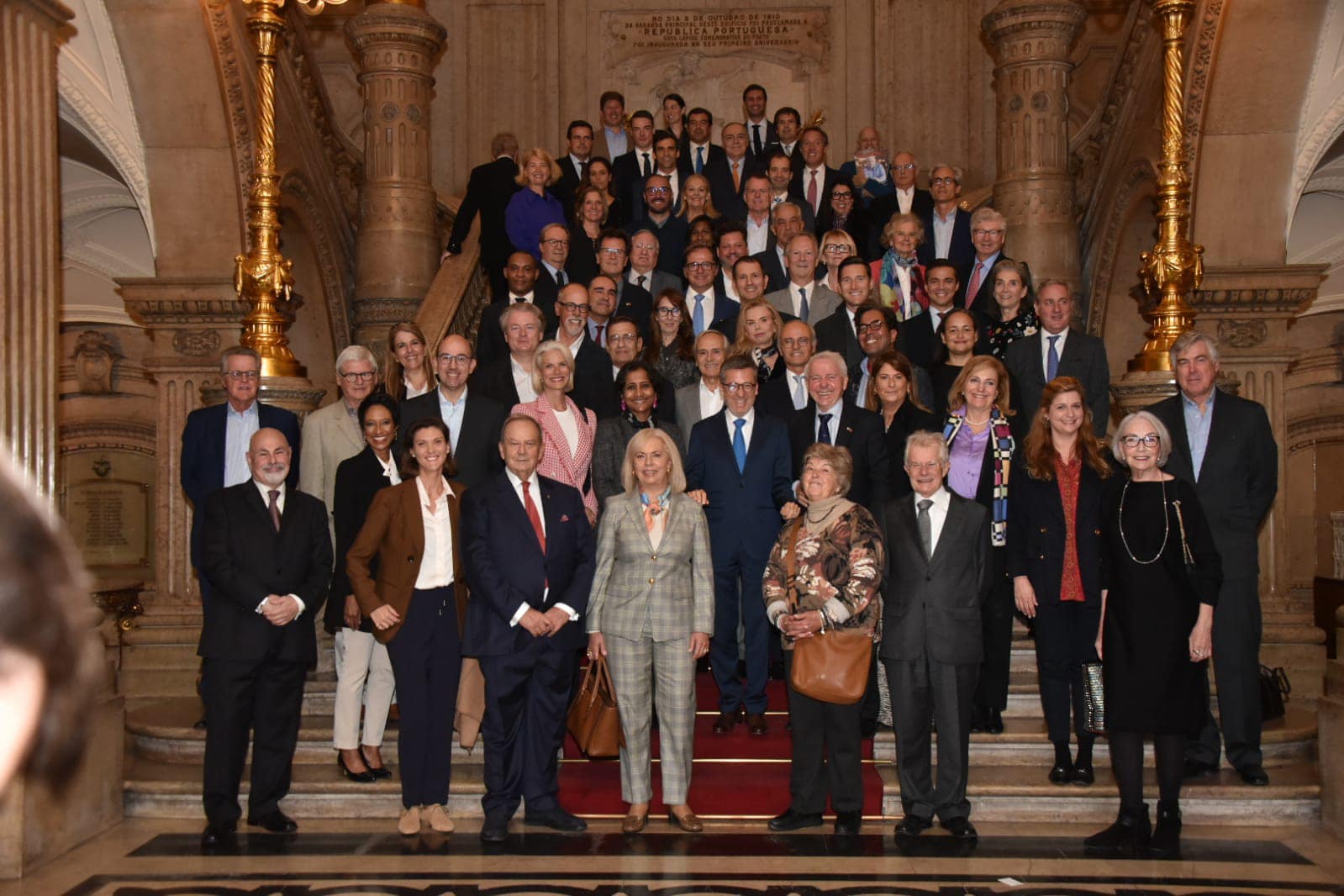When Carlos Moedas won Lisbon City Hall in the municipal elections in September 2021 by a tight margin he faced a politically hostile group of councillors in which his PSD party was in the minority.
The new mayor, who had been Portugal’s EU Commissioner for Research, Innovation and Science between 2014-2019, realised he would be up against much opposition to drive through policies that left wing and socialist councillors would oppose on purely ideological grounds.
The mayor took stock and set out to deliver a 12-point programme of measures he wanted to achieve for his first year which featured practical policies that even the opposition couldn’t object to.
Giving an overall assessment of his first year in office to the American Club of Lisbon, Carlos Moedas admitted just how close the election campaign had been against the current mayor at that time, Fernando Medina.
Just two weeks before the election he had been 20 points behind, and one week before the election,10 points behind.
“Even so, I thought I would win the elections because I had been out and about meeting the local people. Today, we live in bubbles where it is easy to disconnect from people. I believe, however, I won the election because I had been listening to what people on the street were saying”, he said.
Carlos Moedas explained that because Lisbon is small, he could go from neighbourhood to neighbourhood and do what he called ‘retail electioneering’. “Every Friday I travel alone by bus, I talk to people on the bus, and they tell you things that you wouldn’t know otherwise. I listen to people’s problems, take notes and if we can’t sort the issues out, we explain why”.
For example, the Mayor said that so many people complained about the political billboards around the Marques de Pombal roundabout that he battled for eight months against criticisms to keep them and red tape before finally succeeding in having them removed.
Free transport and a greener Lisbon
Carlos Moedas set about choosing a strategic, people-focused agenda with points upon which he could build a consensus regardless of party political affiliations in city hall.
Among Carlos Moedas’ targets on the 12-point plan he wanted to achieve in Lisbon was free transport for the young and elderly, a measure that opposition councillors were unlikely to vote down and in which he succeeded.
Reducing Lisbon’s carbon footprint was another policy which attracted admiration from the mayors of other cities in other countries such as France and Germany. “It was about focusing my mind on the things that strategically I knew I could do”, he said.
Another achievement was using non-drinkable water to water gardens and for street cleaning in the Parque das Nações area of the city. It is less expensive and promotes active recycling.
The Mayor also pointed out that the city’s street lighting was now being changed to LEDs, which increase efficiency and save money. “These were all things that didn’t involve politics”, he said.
Foreign investment
Lisbon has consistently attracted billions of euros in commercial and residential real estate and tourism investment over the past 10 years, with records being beaten year-on-year in 2017, 2018 and 2019. But Lisbon has also been attracting technology companies and startups.
“Any city has to be diversified and have diversified investments. Real estate and Tourism are important parts, we know that, but we can’t just attract real estate development”, said Carlos Moedas.
As part of that diversification drive the mayor announced at last year’s Web Summit that he was going to create a unicorn factory. “I then realised oh my God! I have just one year to deliver!”
Carlos Moedas says that one of the great things about the buzzword ‘unicorn factory’ is that Lisbon was immediately able to attract unicorns to the city.
“Of course we want to develop national unicorns, but we want to attract unicorns from other parts of the world. I believe in an open city and since that announcement we have had eight unicorns that decided to open up offices in Lisbon, the latest being Israeli unicorn HiBob”. (A modern HR platform that has established a Lisbon-based, engineering-led operation from where it will run its ‘Center of R&D Excellence’).
“This has really created a dynamic, and although real estate investment is very important, it shows we are so much more than that. Historically, we are an amazing country, but sometimes the Portuguese are a little afraid of being ambitious, and when I came up with the idea for a unicorn factory, I thought here we can be ambitious”.
Under the slogan ‘It’s only a myth until you make it true’ the aim of the Unicorn Factory is to expand Lisbon’s entrepreneurial ecosystem, from startups to scale-ups, and eventually unicorns, working as an engine for economic growth and a driving force for innovation, attracting talent, new projects and investment.
“My mission I think is to increase the level of ambition and audacity and this generation feels it. This whole unicorn factory concept, which is probably one of the riskiest moves I made that year, went well because I focused on diversifying into technology and innovation”, said the mayor.
Improving planning processes
Carlos Moedas says that being more efficient and agile at the city hall inevitably means digitalising planning processes.
Real estate developers and the investors behind them normally have a strict timetable in terms of implanting a project from start to finish which is dictated by the 12-year property cycle and budgets calculated in terms of raw material and manpower. It is therefore critical to get the different phases of planing permission and licensing for a project within a year in order not to risk the project going over budget. In other words timing is crucial.
“I am working on getting all of our processes in the Urban Department digitalised. I want to reduce the time is takes for planning processes. We’re reducing hierarchical decision-making on simpler decisions so that council officers can just get on with it and not seek approval from people further up the ladder,” he said.
Carlos Moedas explained that the city council’s procedures had been designed for a paper-led hierarchical top-down reality that was no long fit for purpose, and took far to much time over planning permission issues.
Chitra Stern, ACL board member, serial entrepreneur behind the Martinhal Family Hotels and Resorts and United International School of Lisbon and EDU Hub, who moderate the event pointed out that in order to be successful in implementing ideas you need to be a bit “crazy, prepared to take risks, but equally important you have to have a path to show how you are going to deliver”.
“We can have the best of many worlds here in Portugal and the simplification of processes and increasing efficiency is important and procedures are indeed improving. When we came here 21 years ago it was a very different country, and things have really improved. It is so important, not just for real estate but also for startups and renewable energy companies”, she said.
A historical setting
The Mayor’s presentation took place at Lisbon City Hall which was built in 1863 and is one of the few buildings in the city which is still fulfilling the original function it was designed to fulfil. More concretely, it was delivered in the large central room which curiously enough had been the headquarters of the Bank of Portugal until it moved to a new larger site nearby in Rua do Ouro in Lisbon’s downtown Baixa.
It was also the building from which the Portuguese Republic was proclaimed on 5 October, 1910.
As Carlos Moedas explained: “The Republicans stormed up the stairs, headed for the balcony and changed the flag, but there was no photographer to catch the moment. They called the photographer Joshua Benoliel, one of two photographers who had been accompanying the revolution, who was not in Lisbon and arrived five hours later by which time the ecstatic crowds had dispersed, and there was no one to photograph in the street below.
“They went to the window and did a staged photo which captured the republicans on the balcony, but avoided taking any in the square below”, he said.
Text: Chris Graeme Photos: Joaquim Morgado
Source: Essential Business

